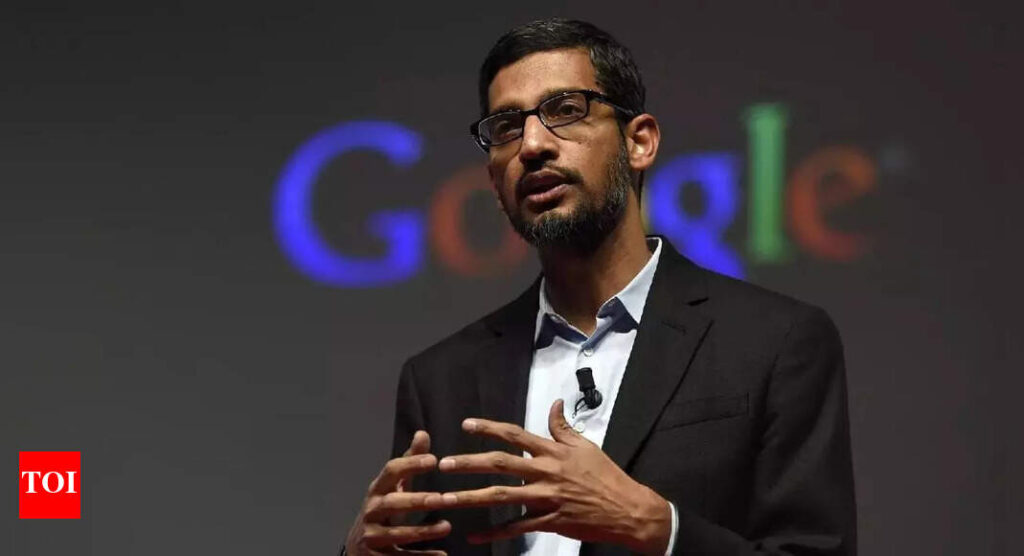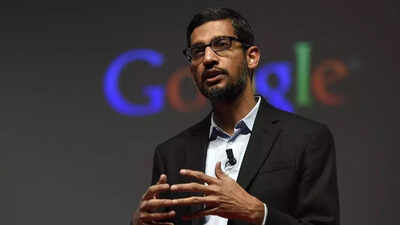Google CEO Sundar Pichai says, smartphones are not going anywhere, not for next …

Google CEO Sundar Pichai emphasises that smartphones will remain the primary consumer device for at least the next two to three years, even as the company heavily invests in augmented reality glasses technology. Speaking during Alphabet’s Q2 2025 earnings call, Pichai acknowledged excitement about AR glasses while tempering expectations about their immediate impact on mobile dominance.“I think it will be an exciting new emerging category, but I still expect phones to be at the center of the [consumer] experience… for the next two to three years, at least,” Pichai stated, positioning Google’s approach as measured rather than revolutionary.
Google continues its investment in AR
The comments come as Google develops Android XR, partnering with fashion brands Gentle Monster and Warby Parker to create stylish smart glasses. The company is also collaborating with Samsung to build a software and reference hardware platform that will enable broader ecosystem development for AR glasses.Google’s approach appears more measured than competitors rushing to replace smartphones entirely. The company is first focusing on Android XR headsets before expanding to glasses, with developer tools expected later this year. This strategy acknowledges current technological limitations while building toward future possibilities when AR glasses might eventually challenge smartphone dominance.Despite his phone-centric outlook, Pichai expressed enthusiasm for Google’s AR glasses investments, calling himself “super excited about our investment in glasses.” His cautious timeline contrasts sharply with more aggressive predictions from other tech leaders about smartphones becoming obsolete, suggesting Google views AR glasses as complementary technology rather than an immediate smartphone killer.
Apple’s Eddy Cue gives iPhones a decade
The CEO’s stance puts Google at odds with some industry voices predicting smartphones’ rapid decline. Apple’s Eddy Cue recently warned that “you may not need an iPhone 10 years from now” due to AI’s transformative potential, comparing the situation to Apple’s decision to discontinue the iPod.However, Apple is backing up those predictions with aggressive hardware development. According to analyst Ming-Chi Kuo, Apple is developing at least seven head-mounted devices across two product lines through 2028, including Ray-Ban-style smart glasses launching in 2027 and advanced XR glasses with full-color displays by 2028. The company’s roadmap suggests it may launch more Vision Pro-like headsets than iPhones within the next three years. Google seems content to let phones reign for a few more years, Apple is quietly building an army of head-mounted devices that could flood the market sooner than expected. Meanwhile, developers will get their hands on Google’s AR platform tools later this year, setting the stage for what could be an interesting few years of experimentation before anyone knows which approach wins out.






